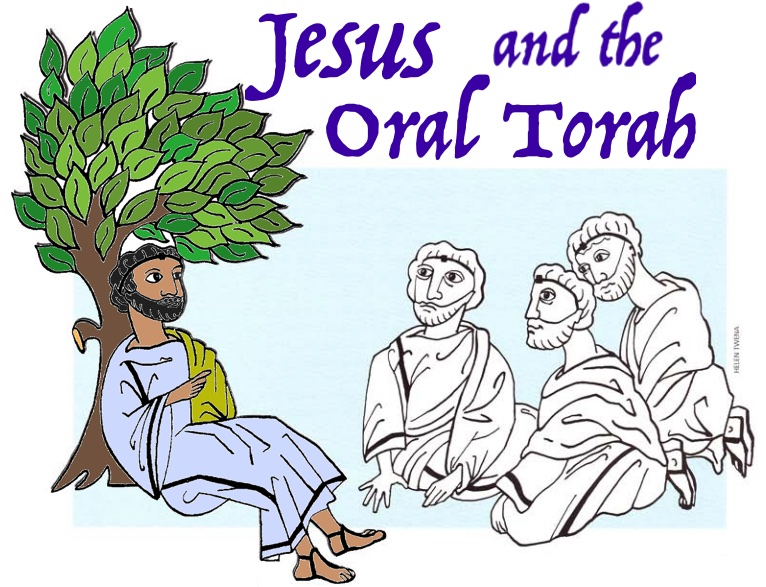“Jesus and the Oral Torah” is a series of six articles by David Bivin. In this series, Bivin attempts to show that Jesus considered the commandments of the Oral Torah to be authoritative. If you are not a Premium Member, you can buy all six articles at one low price.
[payperpost_pack#1]MORE INFORMATION ABOUT THE SERIES:
- Jesus and the Oral Torah: Written and Oral Torah – Torah has always been the focus of rabbinic teaching. Unfortunately, the Hebrew word “torah” is usually translated in English simply as “law,” which has created the impression that it has to do only with commandments. This is not the case at all. The Torah was given by God as a guideline for a whole way of life. A better translation would be “God’s instructions.”
- Jesus and the Oral Torah: Blessing – Jesus apparently attached great importance to the Oral Torah (unwritten in his day), and it seems he considered it to be authoritative. When Jesus admonished his disciples to “do and observe everything they [the scribes and Pharisees] command you” (Matt. 23:3), he was referring to the Pharisees’ oral traditions and interpretations of the Written Torah. The Written Torah itself could not have been in question, for it was accepted by all sects of Judaism, and Jesus himself said, “Heaven and earth would sooner disappear than one ‘yod’ or even one ‘kotz” from the Torah’ (Matt. 5:18).
- Jesus and the Oral Torah: The Unutterable Name of God – The original understanding of the third commandment, “You shall not take the name of the LORD your God in vain” (Exod. 20:7), was that one must keep one’s vows when swearing by God’s name. Israel’s ancient sages eventually came to interpret this commandment to mean using the LORD’s name lightly or frivolously. To avoid the risk of employing the divine name irreverently, the sages ruled that one should not utter it at all.
- Jesus and the Oral Torah: Tithing – Tithing is a biblical commandment set forth in Leviticus 27:30-33, Deuteronomy 14:22-29 and Deuteronomy 26:12-14. Most Christians would probably agree that Jesus observed this commandment since the New Testament clearly states, “having been born under the Torah, he committed no sin” (Gal. 4:4; 1 Pet. 2:22; Heb. 4:15). However, the question is, did Jesus observe the commandment to tithe as it was interpreted in the Oral Torah? The biblical commandment was to tithe only on grain, wine and oil. The rabbis extended this commandment to include tithing on “anything used for food.”
- Jesus and the Oral Torah: The Hem of His Garment – The New Testament makes it clear that Jesus, like all observant Jews of the first century, wore tsitsiyot. These are the tassels that were attached to the four corners of one’s robe as commanded in Numbers 15 and Deuteronomy 22. Jesus’ observance of this commandment is dramatically illustrated by the story of the woman who suffered from a hemorrhage for twelve years.
- Jesus and the Oral Torah: Did Jesus Wear Phylacteries? – The Gospels attest to the fact that Jesus had tassels on the four corners of his outer robe (Matt. 9:20; 14:36; Mark 6:56; Luke 8:44). Although there is no explicit evidence in the Gospels, we have reason to suggest that he also may have worn phylacteries.




Comments 2
Are these articles in PDF form or what? Thanks, Donald Johnson
No, they are accessed the same as all of our articles online.